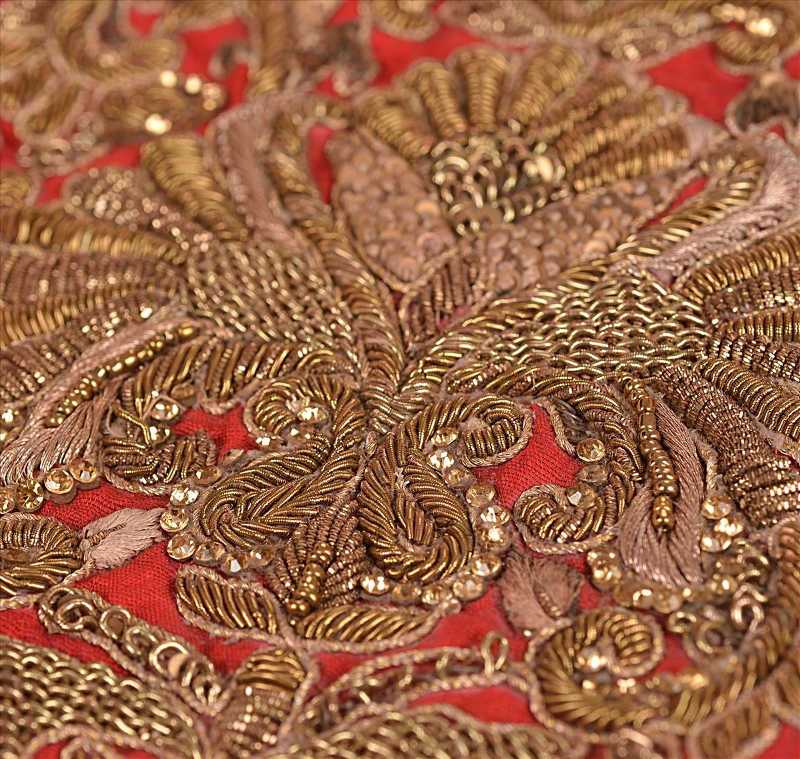===
0775,
6
===

=== |
 |
ḳhat̤ ke phaṭne kā tum se kyā shikvah
apne t̤āliʿ kā yih likhā ṣāḥib
1a) about the brokenness/tornness of the writing, do I have a complaint against you?
1b) about the brokenness/tornness of the writing, as if I have a complaint against you!
1c) about the brokenness/tornness of the writing, what a complaint I have against you!
2) this is the writing/decree of my fate/fortune, Sahib
ḳhat̤ : 'A line, a streak, or stripe, a mark; lineament; —writing, character, handwriting chirography; a letter, epistle'. (Platts p.490)
phuṭnā (variant of phūṭnā ): 'To be broken, to be broken into; to be broken down; to be dispersed, be separated, be detached'. (Platts p.292)
phaṭnā : 'To be torn, be split, be rent, be cracked, be broken; to tear, split, crack, burst, break; to be separated, be detached'. (Platts p.284)
t̤āliʿ : 'Star, destiny, fate, lot, fortune; prosperity'. (Platts p.750)
likhā : 'Written, &c.; what has been (or is) written; a writing, written document; decree (of fate); fate, destiny, predestination'. (Platts p.959)